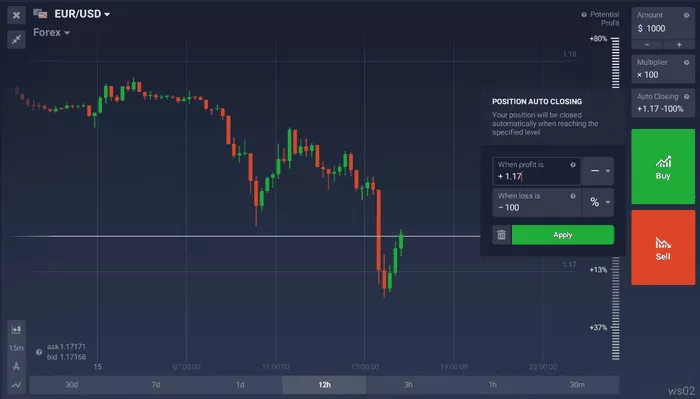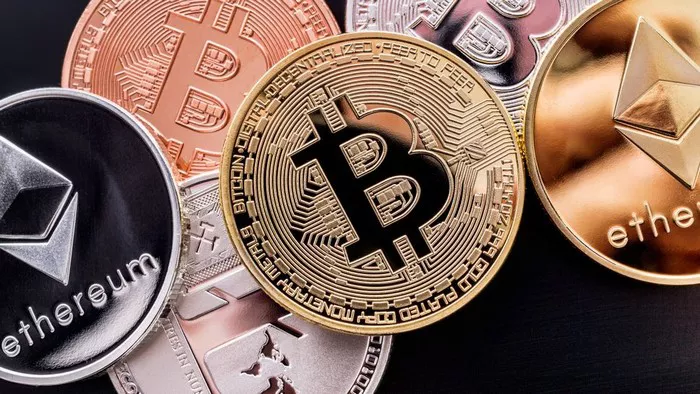Bitcoin, which had outperformed many asset classes in 2024, is facing pressure as geopolitical instability and the return of former President Donald Trump to the White House prompt investors to seek safe-haven assets like gold.
While Bitcoin has gained just over 3% year-to-date, it has significantly underperformed gold, which surged 9% during the same period, according to data from Bloomberg. Gold reached an all-time high of $2,882 per ounce following President Trump’s comment on February 4 suggesting the U.S. might take control of Gaza, a statement his aides later sought to clarify. Meanwhile, Bitcoin remains about 10% below its recent peak.
Bitcoin’s Struggle to Establish Itself as a Safe Haven
Bitcoin has long been compared to gold as a store of value, mainly because of its limited supply, capped at 21 million coins. However, it has not yet lived up to this reputation. Gold’s appeal as a safe haven during times of economic uncertainty has only been strengthened by recent developments such as the U.S.-China trade war and fears surrounding tariffs. On the other hand, Bitcoin’s price movements have often mirrored those of technology stocks, making it a less stable option for investors seeking refuge from economic turmoil.
The Impact of the U.S. Dollar and Bitcoin’s Risky Profile
While Bitcoin is often touted as a hedge against fiat currency, its appeal remains limited in a market where the U.S. dollar continues to be in high demand. According to Aoifinn Devitt, Senior Investment Advisor at Moneta Group LLC, Bitcoin is still behaving as a “risky” asset rather than a stable store of value. “In time it will have its own characteristics that act separate and apart from markets, but at this point, it is behaving as the riskiest of risk-on assets,” Devitt explained in an interview with Bloomberg TV.
Optimism for Bitcoin’s Future as a Store of Value
Despite its struggles, Bitcoin advocates remain hopeful that the cryptocurrency’s inherent qualities will eventually allow it to function more like a traditional store of value. One potential factor in Bitcoin’s future stability is the rise of exchange-traded funds (ETFs) that invest directly in Bitcoin. Paul Howard, Senior Director at market maker Wincent, suggested that ETFs could help “gradually decrease volatility” and shift investor attention to more speculative cryptocurrencies.
In the long term, Bitcoin’s role as a safe-haven asset might become clearer as its market maturity grows. However, for now, gold remains the preferred option for investors looking for stability amid uncertainty.
Related topics:





















